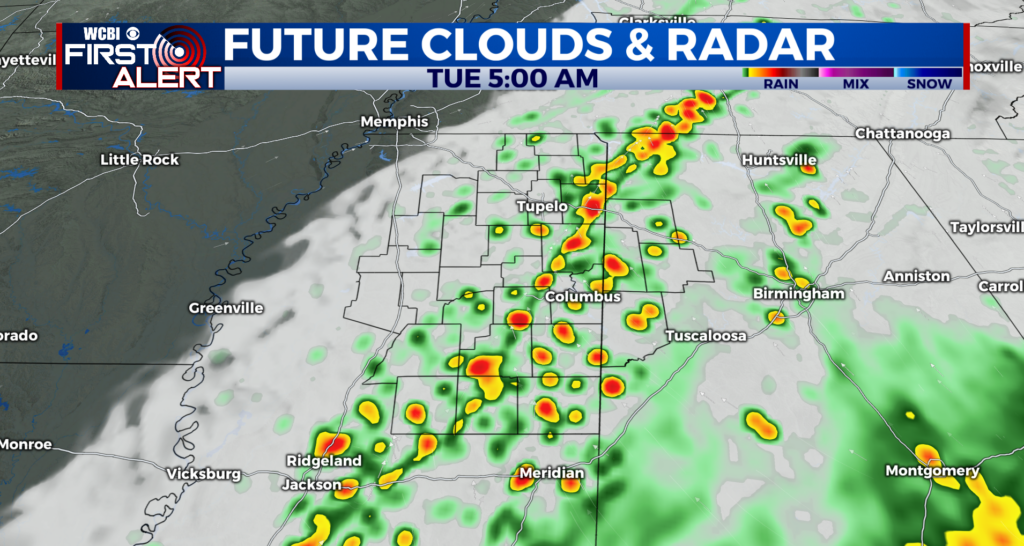Calls for greater access to vote-by-mail increase amid pandemic
The coronavirus pandemic, which has led most states to shut down almost all aspects of social and economic life, is also raising questions about what life will look like by the time the general election rolls around in November.
The public got a preview of what voting in the age of the coronavirus looks like during the Wisconsin primary election. Voters in Milwaukee, waited for hours outside of polling stations on April 7, wearing masks and standing several feet apart. Only five of the city’s 180 polling places were open, but thousands of citizens turned out. By Monday, there were at least seven cases of COVID-19 in Wisconsin that had been traced to the in-person voting.
Wisconsin was the outlier of several states that chose to postpone their elections or cancel in-person voting entirely, in favor of giving residents absentee ballots. The election went on as scheduled after the state Supreme Court prevented the governor from canceling in-person voting due to concerns about the coronavirus pandemic, and the U.S. Supreme Court blocked a request to extend absentee voting in the state.
With the mandatory closure of schools and businesses nationwide because of fears about spreading the coronavirus, greater access to voting by mail-in ballot — a common cause for voting rights activists — has become a mainstream issue.
“Voters have already been forced to choose between their health and casting their ballot,” said Sean Eldridge, the founder and president of progressive advocacy group Stand Up America, in a conference call with reporters last week. “We must prepare our voting systems both for the upcoming primaries and the general elections this fall.”
Alaska, Hawaii, Kansas, Montana, Ohio and Wyoming each canceled their in-person primaries in favor of allowing all residents to vote by mail. Delaware, Georgia, Indiana, Maryland and Pennsylvania are allowing any voter to send in an absentee ballot.
Although red states and blue states have taken measures to expand vote-by-mail, there is hardly bipartisan consensus on the issue.
President Trump has argued that mail-in ballots are more susceptible to voter fraud, although studies show that all forms of voter fraud in the U.S. are rare, including by mail-in ballot.
“Mail ballots, they cheat,” Mr. Trump said earlier this month. “Mail ballots are very dangerous for this country because of cheaters. They go collect them. They are fraudulent in many cases. They have to vote. They should have voter ID, by the way.”
This form of fraud alluded to by Mr. Trump, called ballot harvesting, is rare. It does occasionally occur, as when an associate of a North Carolina Republican congressional candidate was charged with election fraud last year after rounding up absentee ballots for the candidate. That example of fraud was detected, however, and as a result, the state held a new election.
Five states currently conduct elections almost entirely by vote-by-mail: Colorado, Hawaii, Oregon, Utah, and Washington. Utah is a reliably Republican state, and Oregon and Washington both have Republican secretaries of state.
However, some Republicans echoed the president’s reservations and are concerned that allowing for greater access to mail-in voting would harm their electoral prospects.
“Republicans should fight very hard when it comes to state wide mail-in voting. Democrats are clamoring for it. Tremendous potential for voter fraud, and for whatever reason, doesn’t work out well for Republicans,” Mr. Trump tweeted on April 8, the day after the Wisconsin primary election.
Georgia state House Speaker David Ralston predicted in an interview with a local news site earlier this month that vote-by-mail “will be extremely devastating to Republicans and conservatives in Georgia.”
The state’s entire Republican congressional delegation has also sent a letter to Georgia Secretary of State Brad Raffensperger to postpone the state’s primary, after Raffensperger announced that all active voters would receive absentee ballots.
Analysis by the New York Times after Wisconsin’s election this month did find that the Democratic judicial candidate benefited significantly from mail-in voting. However, it’s unclear if this is a new trend or just specific to that election.
A study by scholars at Stanford University published earlier this month found that vote-by-mail did not appear to increase either party’s vote share, and that it moderately increased overall turnout rates. This finding tracks with other studies from Colorado and Utah, which both recently adopted vote-by-mail, which showed that partisan benefit gained by mail-in voting was minimal.
Stacey Abrams, the former Democratic Georgia gubernatorial candidate and the leader of Fair Fight Action, a voting rights advocacy group, told reporters during the conference call with Eldridge that she believed mail-in voting was not a partisan issue.
“When you break the machinery of democracy, you break it for everyone,” Abrams said. She noted that mail-in voting could make voting easier for rural citizens and for voters above the age of 60, demographics which both skew Republican.
“It is deeply irresponsible that we not create the safest, most accessible election possible,” Abrams said.
The pandemic is an extenuating factor for some Republicans, important enough to make vote-by-mail a more viable option for some. Maryland’s GOP governor, Larry Hogan, urged voters to cast absentee ballots due to concerns about the virus, and Republican Governor Chris Sununu, of New Hampshire, announced that voters would be allowed to cite the virus as an excuse to cast a mail-in ballot in November. Ohio Governor Mike DeWine and Secretary of State Frank LaRose, both Republicans, appeared in a video encouraging citizens to vote by mail.
The idea is also gaining popularity among Americans as a whole, particularly because of concenrs about the pandemic. A new NBC News/Wall Street Journal poll released this week found that 58% of Americans favor reform of nationwide election rules that would allow all eligible voters to vote by mail, and an additional 9% said absentee voting should just be allowed for this November.
Stand Up America and Fair Fight Action were among several advocacy groups that sent an open letter to Congress earlier this month asking for lawmakers to include $4 billion in election assistance funding in the next coronavirus relief package. Congress has already passed three relief packages, as well as an interim measure focused on assisting small businesses and hospitals.
Marc Elias, the chairman of Perkins Coie’s Political Law Group, represents the Democratic National Committee and the Democratic Party of Wisconsin. Elias told CBS News that Congress had the authority to fundamentally change how the country votes in federal elections. Congress could implement mandatory voter registration, require that every voter receive an absentee ballot, and make sure that ballot is postmarked.
“Congress has really sweeping authority to ensure that people have an opportunity to vote and that their votes count,” Elias said. The problem, Elias continued, is that Republicans oppose many of these changes.
“Donald Trump and the Republicans have realized that he can’t win if we have normal presidential turnout,” Elias argued. “Their best hope is to suppress turnout, and hope that in doing that it has a greater impact on voters who live in urban areas, young and minority voters.”
House Speaker Nancy Pelosi and Senate Minority Leader Chuck Schumer told reporters on Tuesday that they want to include election assistance in the next coronavirus relief package. Democratic Senators Amy Klobuchar and Ron Wyden have sponsored a bill to require every state to allow its citizens to vote by mail, and to expand early voting.
However, Senate Majority Leader Mitch McConnell has previously blocked legislation passed in the House to expand voting rights from coming to a vote on the Senate floor. Republicans also blocked the $2.2 trillion coronavirus stimulus package from including about $400 million for election assistance, which was far less than Democrats sought.
Mr. Trump said in an interview with “Fox & Friends” last month that increasing absentee voting options would hurt Republicans.
“The things they had in there were crazy,” Mr. Trump said about Democrats’ hopes to have more funding for election assistance. “They had things — levels of voting that, if you ever agreed to it, you’d never have a Republican elected in this country again.”
Even if the Senate is unlikely to take up measures to expand voting by mail, there is little doubt that the topic is now attracting attention from average voters.
“I’ve never received so many inquiries and phone calls from people than about voting rules and voting suppression in the days since the Wisconsin election,” Elias said. “It’s top of mind for everybody right now.”





Leave a Reply